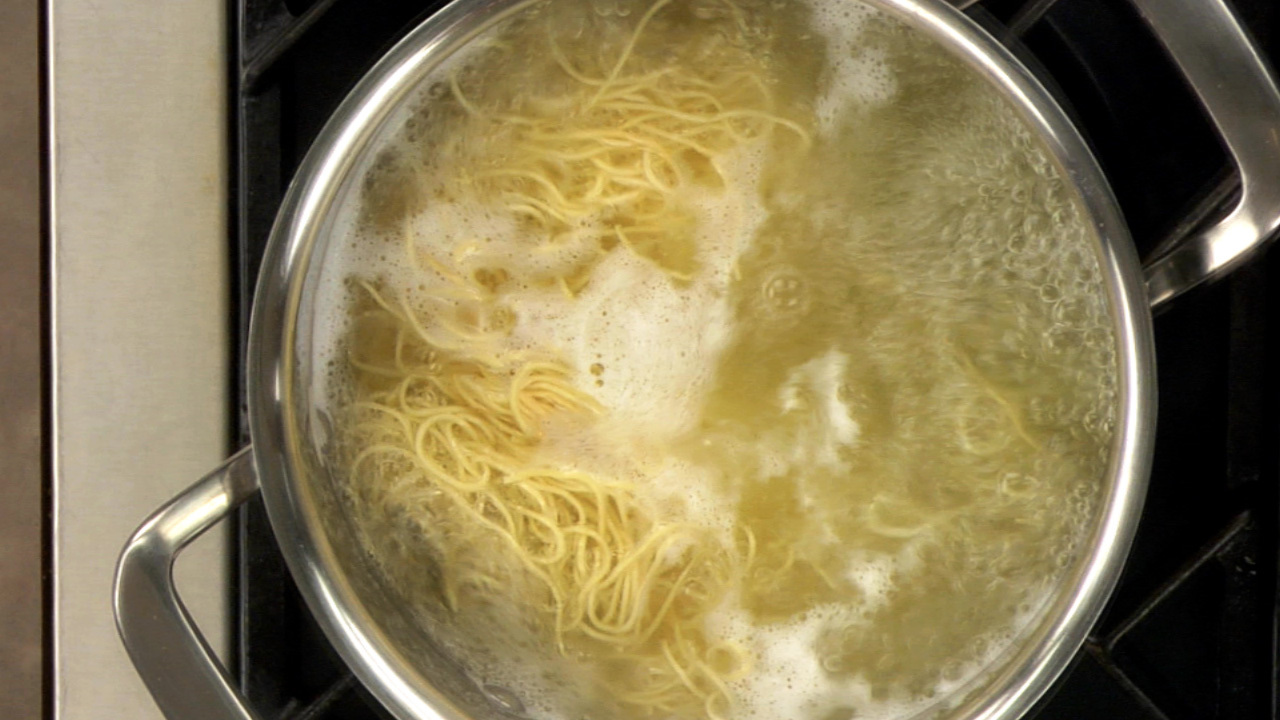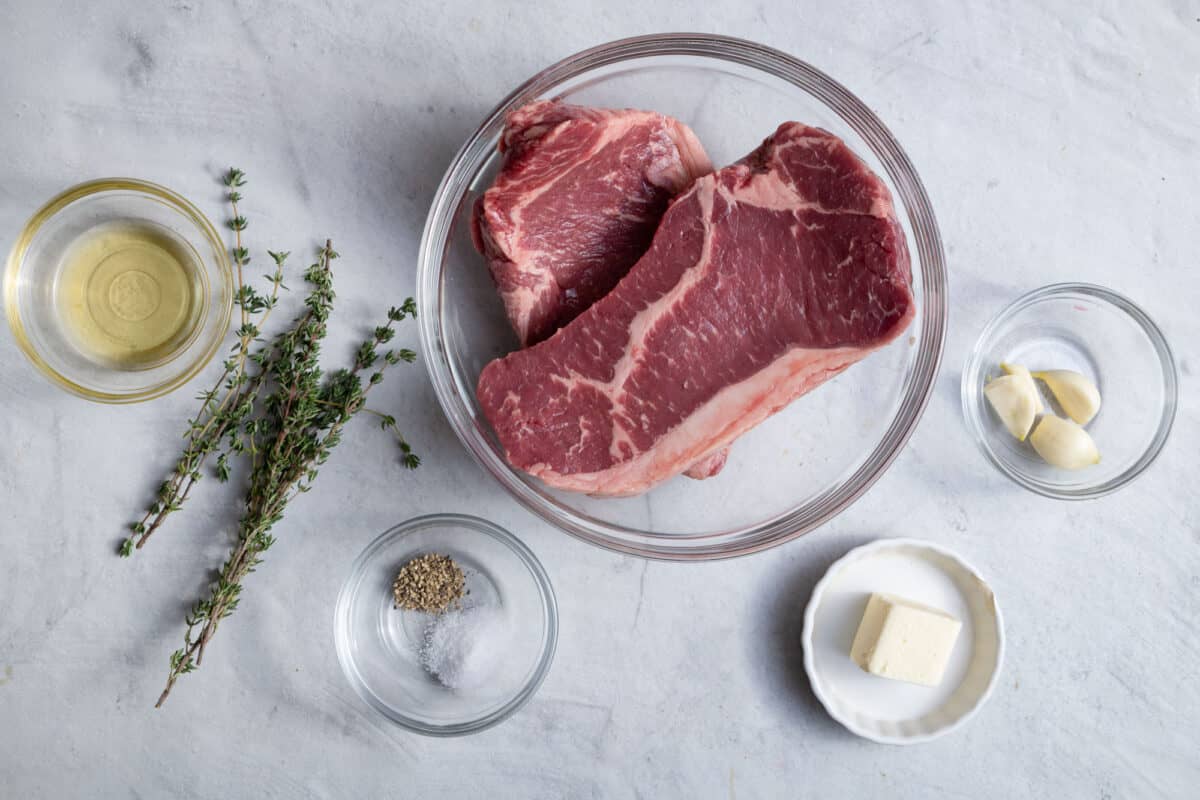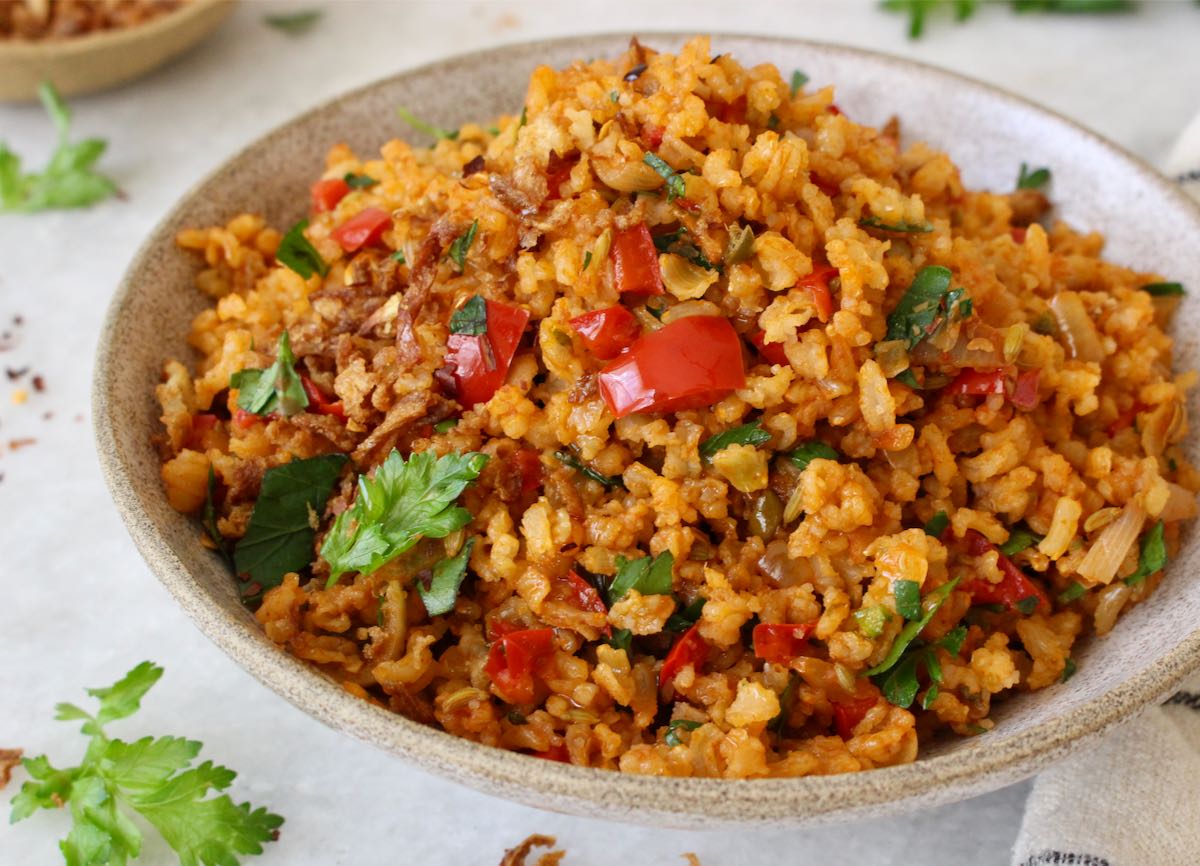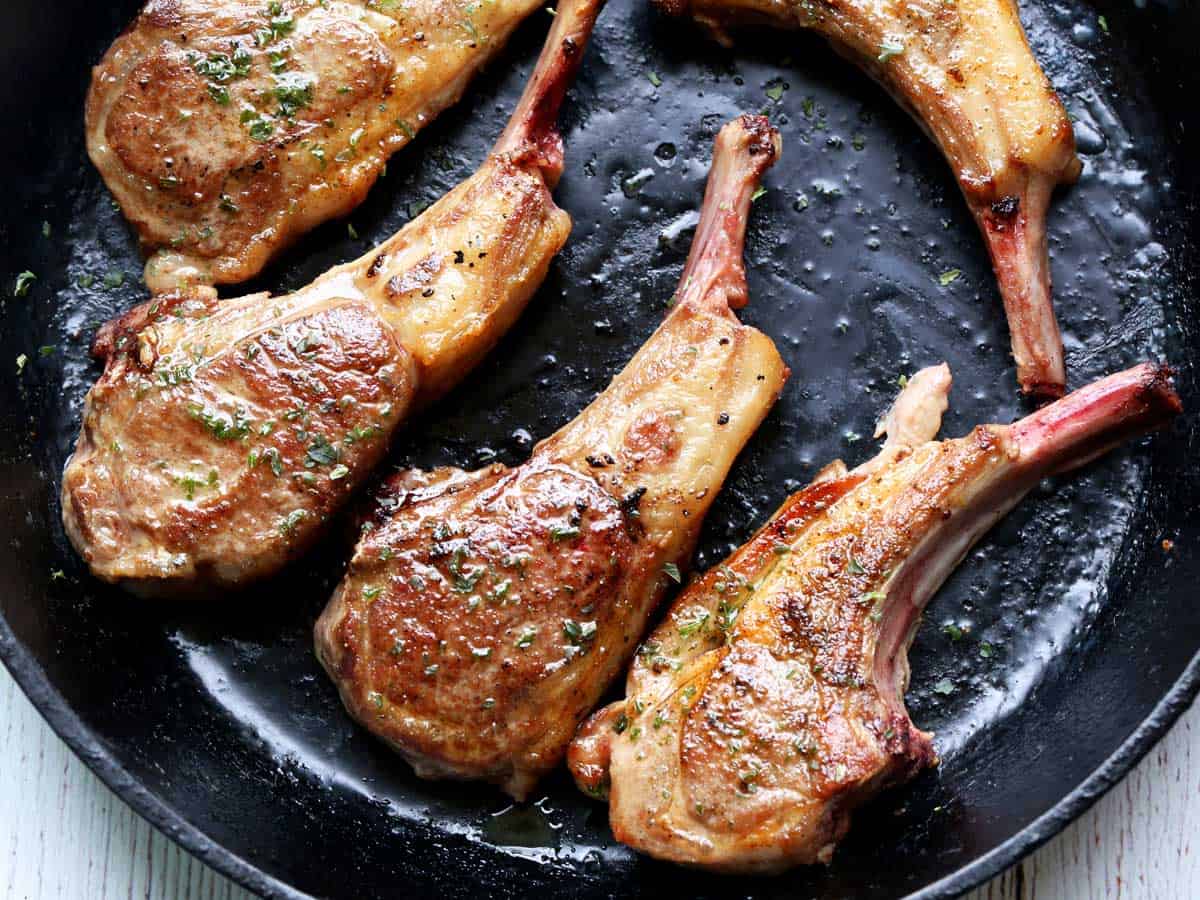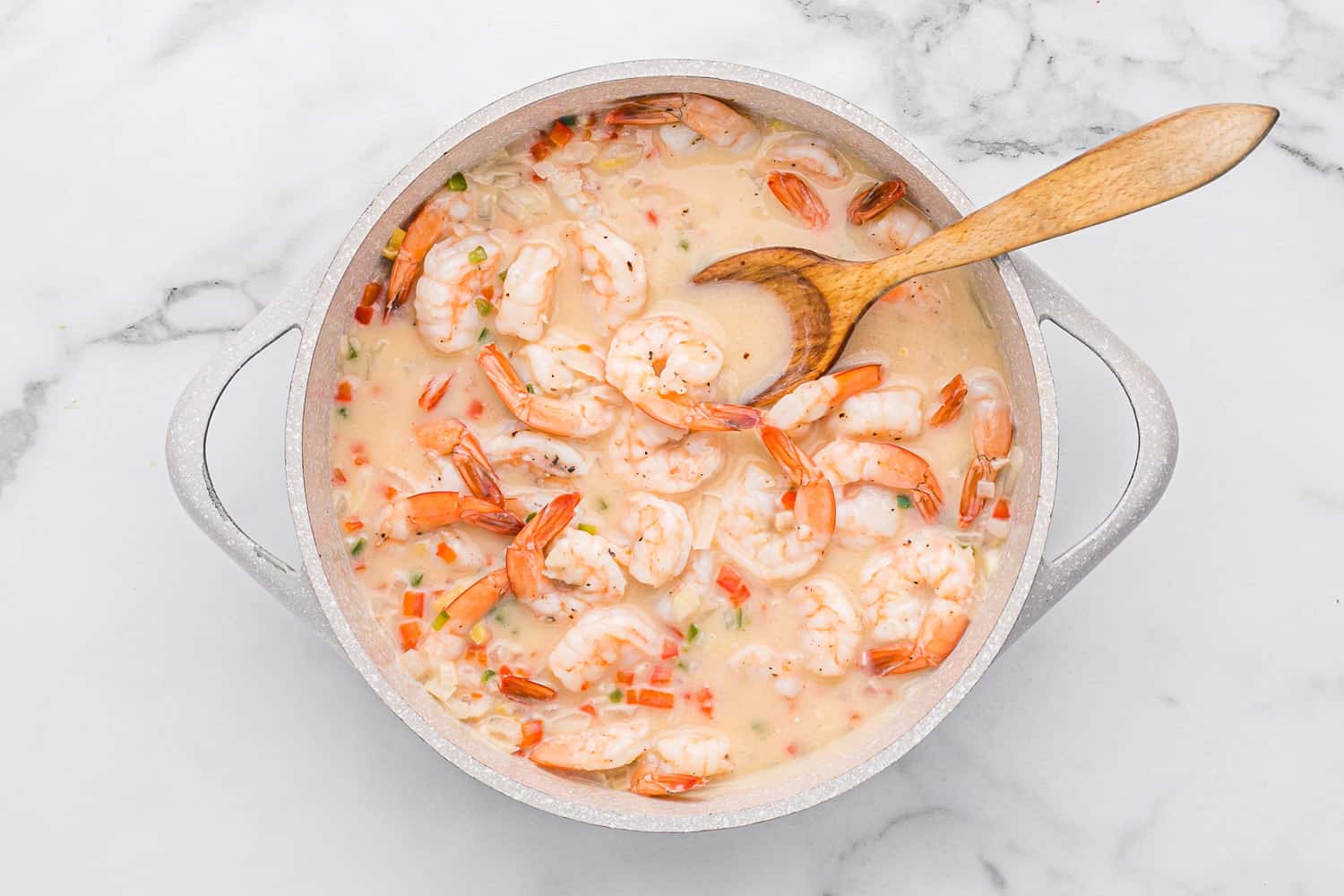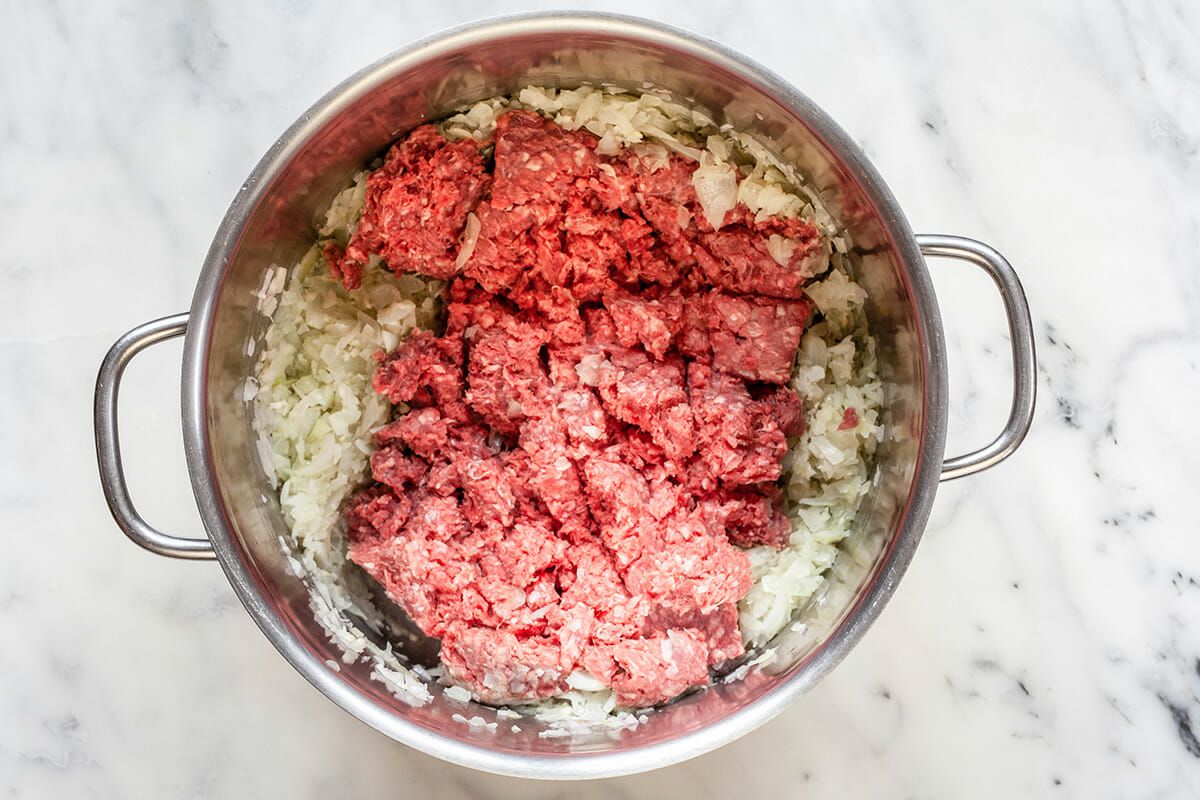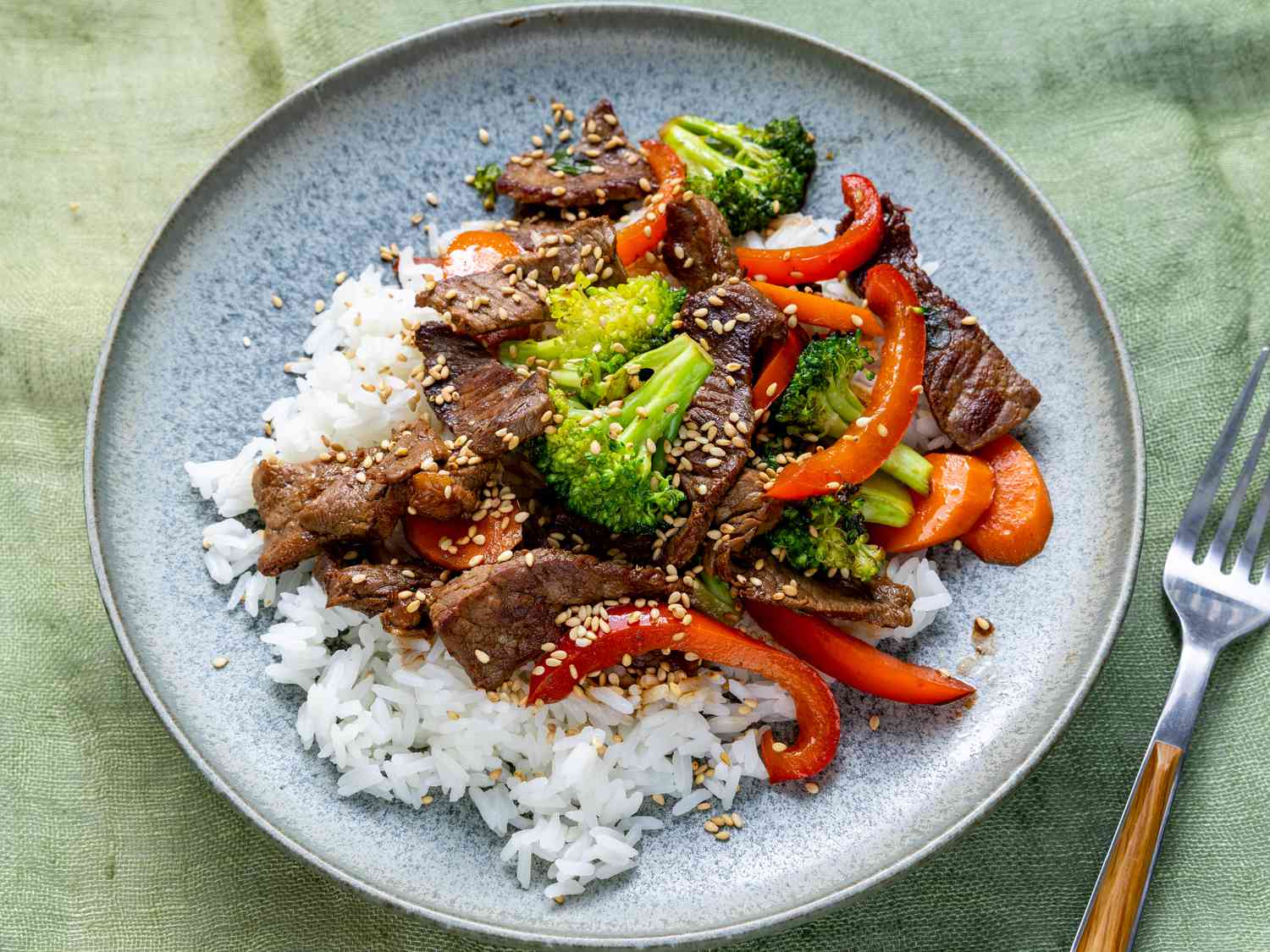Delicious Eggplant Pasta with a Twist
Are you tired of the same old pasta dishes? Looking to try something new and exciting? Look no further! In this blog post, we will explore a delightful twist on pasta using everyone’s favorite vegetable – eggplant! With its rich and meaty texture, eggplant adds a new dimension to pasta dishes that will leave you craving for more.
Why Eggplant?
Eggplant is a versatile and nutritious vegetable that complements pasta perfectly. Its firm flesh absorbs the flavors of the sauces it is cooked with, making it an excellent choice for pasta dishes. It is also rich in fiber, vitamins, and antioxidants, making it a healthy addition to your meal.
Preparing the Eggplant
Before you start cooking, it is important to properly prepare the eggplant. Follow these simple steps to ensure your eggplant is ready for the pasta dish:
- Start by washing the eggplant thoroughly.
- Next, carefully slice the eggplant into thin round discs or cubes, depending on your preferred shape and size.
- Place the slices in a colander and sprinkle them with salt. Let them sit for around 30 minutes. This will help remove any bitterness from the eggplant.
- After 30 minutes, rinse the eggplant slices and pat them dry with a paper towel.
Sautéing the Eggplant
Now that your eggplant is ready, it’s time to sauté it to perfection. Here’s how:
- In a large skillet, heat some olive oil over medium heat.
- Add minced garlic and sauté for a minute until it becomes fragrant.
- Add the eggplant slices to the skillet and cook them until they turn golden brown on both sides. This should take around 5-7 minutes.
- For extra flavor, sprinkle some Italian seasoning or dried herbs of your choice over the eggplant slices while cooking.
Incorporating the Eggplant into the Pasta
Once your eggplant is cooked to perfection, it’s time to bring it all together with pasta. Here’s how:
- Cook the pasta according to the package instructions until al dente. Drain and set aside.
- In a separate pan, heat your favorite pasta sauce over medium heat. You can use marinara, tomato basil, or even creamy Alfredo sauce.
- Add the sautéed eggplant to the sauce and stir well to combine. Let it simmer for a few minutes to allow the flavors to meld together.
- Finally, add the cooked pasta to the saucepan and toss until the sauce coats the pasta evenly. You might want to add a splash of pasta cooking water if needed to loosen the sauce.
Time to Savor!
Your delicious eggplant pasta is now ready to be savored! Serve it hot, garnished with fresh basil leaves and grated Parmesan cheese. The combination of the perfectly cooked eggplant and the flavorsome pasta sauce will surely tantalize your taste buds.
So, the next time you are in the mood for pasta, give this eggplant twist a try. You’ll be amazed by how a simple addition can elevate the dish to a whole new level of deliciousness. Enjoy!
Was this page helpful?
Read Next: How To Cook Eggs In Different Ways
